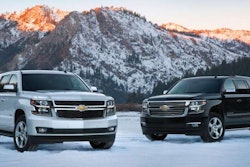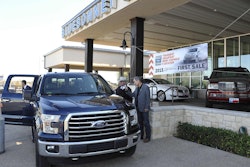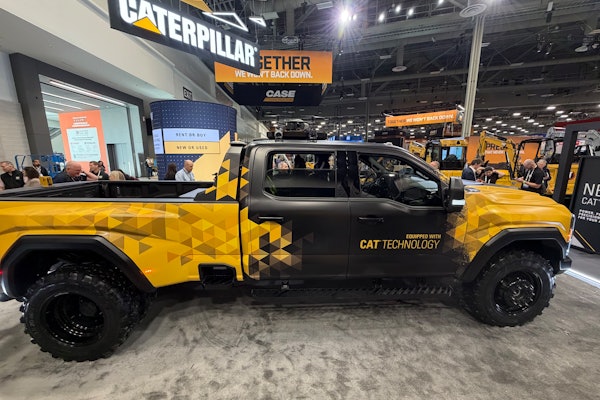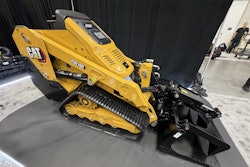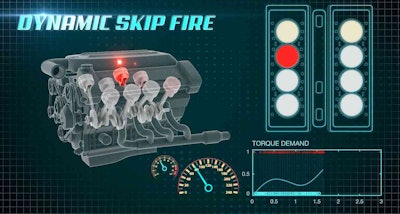
GM’s investment in Tula Technology could net big savings in future vehicle fuel economy
GM Ventures is optimistic that its 2012 equity investment in Silicon Valley-based startup Tula Technology, Inc. will result in a revolutionary new fuel economy technology that could be deployed in future gasoline engine-powered General Motors’ vehicles.
Tula’s Dynamic Skip Fire (DSF) technology integrates advanced digital signal processing with sophisticated powertrain controls to create a software-based approach to variable displacement engines.
The result makes the most of vehicle fuel economy across a wide range of driving conditions.
Instead of relying on fixed cylinder deactivation or switching between fixed patterns like current multi-cylinder engines, Tula’s DSF technology continuously makes dynamic firing decisions on an individual cylinder basis to deliver the required engine torque for all vehicle speeds and loads while avoiding vibration.
Independent testing commissioned by Tula shows that the application of DSF technology can improve fuel efficiency in a multi-cylinder engine (4/6/8 cylinders) by as much as 15 percent when compared to a vehicle equipped with an engine that does not have cylinder deactivation.
“This technology holds the potential to improve fuel economy on select GM vehicles without degrading power capability when it’s required,” said Jon Lauckner, GM chief technology officer, vice president of Global R&D and president of GM Ventures. “This joint effort combines software expertise from Silicon Valley with powertrain expertise from General Motors.”
